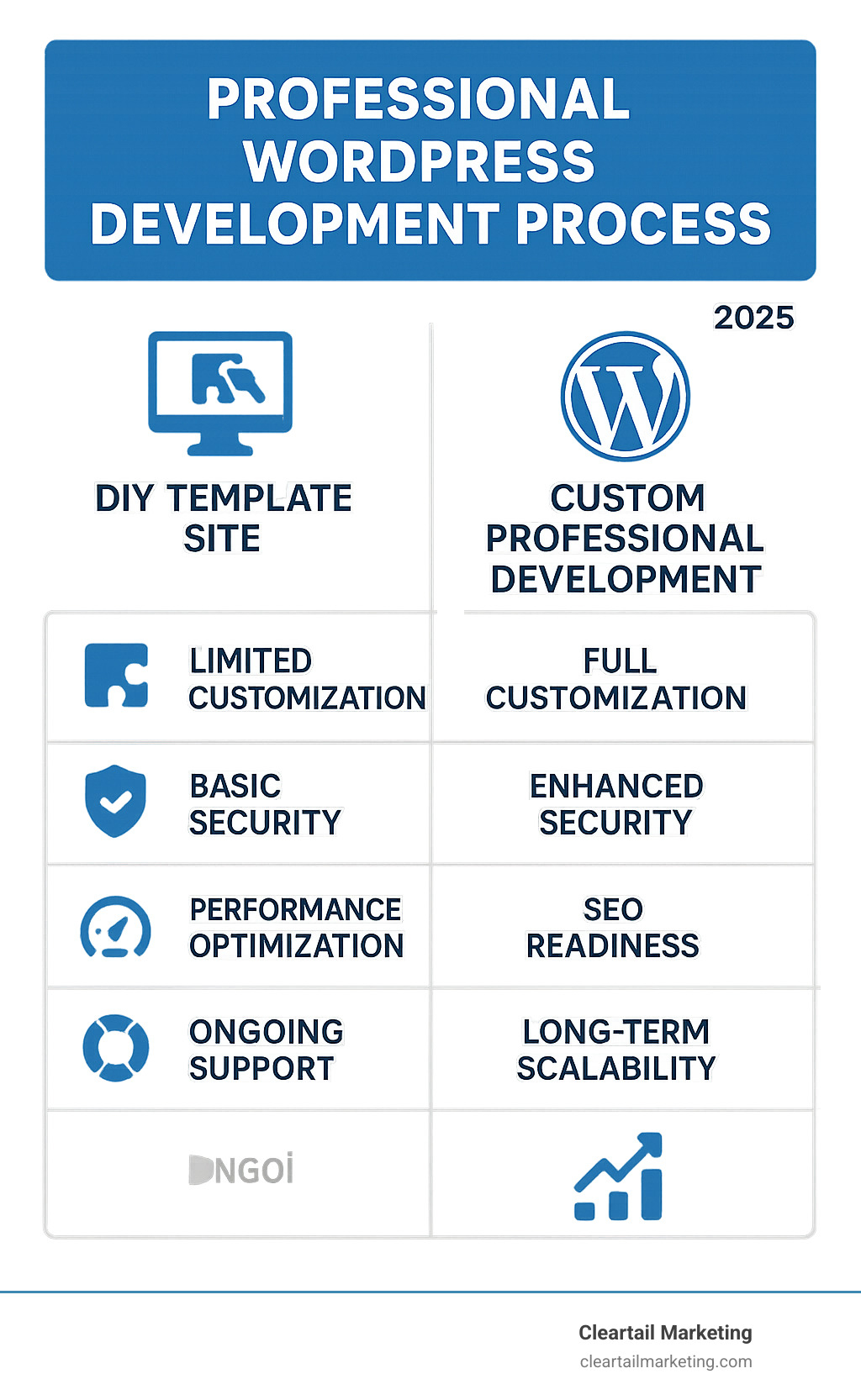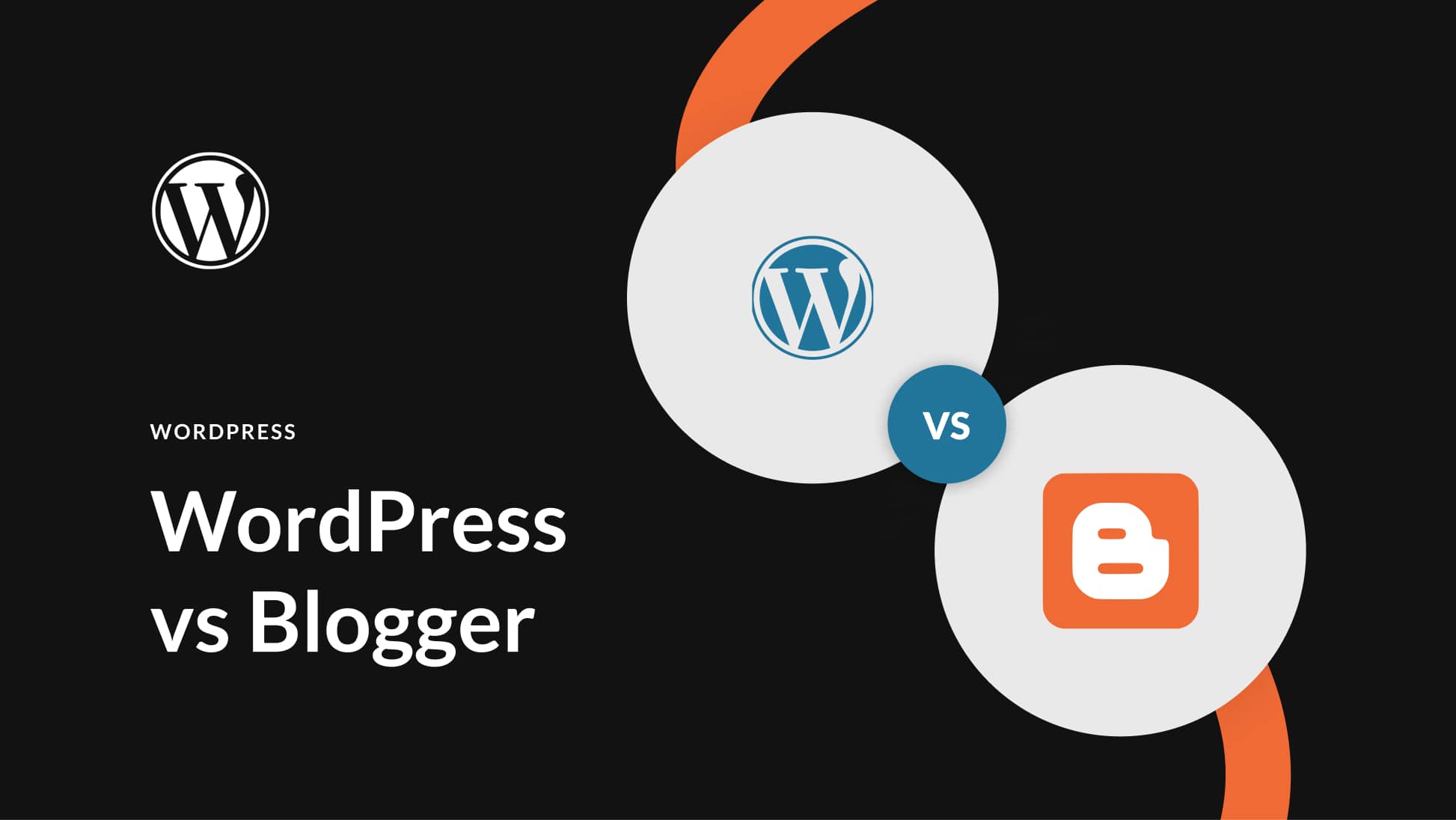The best blogging platforms in 2025 for SEO capabilities and customization flexibility are primarily WordPress.org, followed by platforms like beehiiv, Hostinger, and HubSpot CMS, each offering distinct strengths in SEO tools and customization options.
WordPress.org stands out as the leader due to its highly flexible, open-source nature that allows granular control over SEO and design. It supports powerful SEO plugins such as Yoast SEO, Rank Math, and All in One SEO, which provide in-depth content analysis, keyword optimization, meta tag editing, structured data management, and XML sitemap generation. Users have full control over site code, enabling advanced technical SEO fine-tuning. Its vast plugin ecosystem also supports analytics, newsletter integration, e-commerce, and other custom functionalities, making it ideal for bloggers who want maximum customization and SEO power. However, it requires self-hosting and some technical knowledge for setup and maintenance.
beehiiv offers a more user-friendly approach with built-in SEO tools that automate much of the optimization process, such as managing meta titles, descriptions, indexing, and breadcrumbs. It integrates blog posts with email newsletters seamlessly, helping grow and monetize audiences efficiently without needing plugins. This platform is great for creators who want strong SEO results with minimal technical effort and built-in monetization features like paywalls and ads.
Hostinger combines AI-powered website building with built-in SEO tools and drag-and-drop customization, making it easy to launch blogs quickly while maintaining good SEO practices. It also supports e-commerce with multiple payment gateways, appealing to bloggers who want simplicity plus SEO and monetization capabilities.
HubSpot CMS targets business bloggers by integrating SEO recommendations, A/B testing, personalized content, and CRM integration. It offers premium hosting and analytics, making it suitable for blogs focused on lead generation and conversion optimization with moderate customization flexibility.
Other platforms like Squarespace and Wix provide decent built-in SEO tools and customization options but generally lack the depth and flexibility of WordPress.org. Squarespace has improved SEO features but still falls short of WordPress in customization and advanced SEO control.
In summary:
| Platform | SEO Capabilities | Customization Flexibility | Ideal For |
|---|---|---|---|
| WordPress.org | Advanced SEO plugins (Yoast, Rank Math), full code control, technical SEO fine-tuning | Extensive (themes, plugins, custom code) | Bloggers needing full control & SEO |
| beehiiv | Built-in SEO automation, meta management, automatic email-blog integration | Moderate (focus on ease of use, less technical) | Creators wanting easy SEO + monetization |
| Hostinger | Built-in SEO tools, AI-powered site builder | Moderate (drag-and-drop, AI customization) | Quick setup with SEO & e-commerce |
| HubSpot CMS | SEO recommendations, A/B testing, CRM integration | Moderate (business-focused customization) | Business blogs focused on leads |
| Squarespace/Wix | Basic to moderate SEO tools | Moderate (drag-and-drop, templates) | Beginners or small businesses |
WordPress.org remains the most powerful and flexible platform for SEO and customization in 2025, especially for users willing to manage hosting and technical aspects. Other platforms offer easier setups with good SEO but less granular control.





